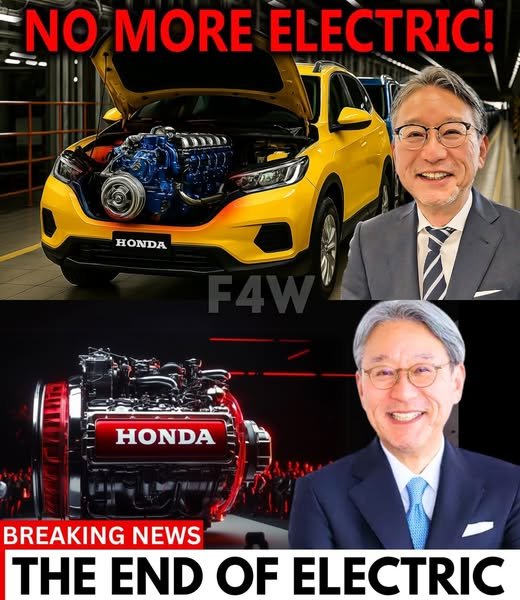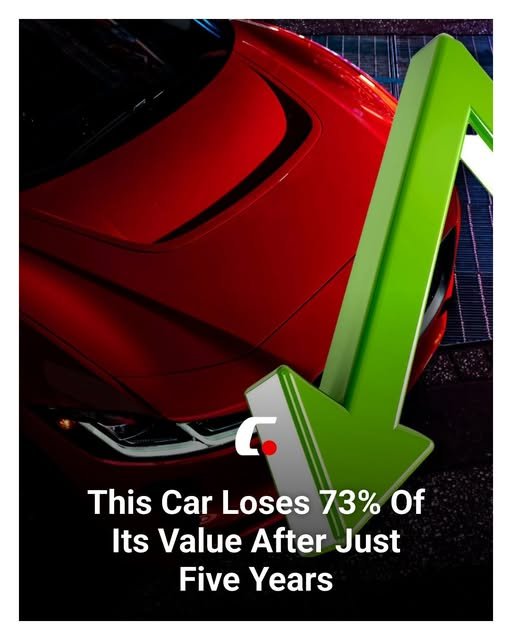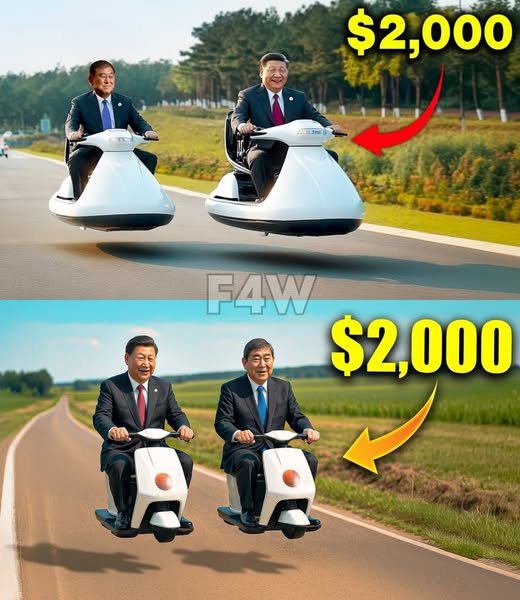At first glance, Honda’s announcement is thrilling. The engine reportedly integrates advanced turbocharged technology with hybrid versatility, combining the best of internal combustion and electric powertrains. For car enthusiasts and tech junkies, this hybrid marvel could represent the ultimate fusion of performance and efficiency. Imagine a vehicle that delivers the instant torque and zero emissions of an EV, yet retains the range and refueling convenience of a traditional engine. This could solve the “range anxiety” that still plagues many electric vehicle owners and accelerate mass adoption.
However, the boldness of Honda’s move also invites controversy. Critics argue that doubling down on hybrid technology, especially one involving turbocharged internal combustion engines, may actually slow the transition to fully electric vehicles. While hybrids are often seen as a stepping stone, investing billions in refining combustion engines could prolong reliance on fossil fuels and delay the day when zero-emission vehicles dominate the roads. Is Honda truly innovating, or simply hedging its bets in an industry that desperately needs a clean break from the past?
Moreover, environmental advocates express concern about the carbon footprint of producing and maintaining such complex hybrid systems. The manufacturing processes for turbocharged engines and batteries alike are resource-intensive. Could this “game-changing” engine inadvertently increase environmental costs, undermining the very sustainability goals EVs aim to achieve? The question of whether incremental improvements in hybrid technology are worth the trade-offs is fiercely debated.
From an industry perspective, Honda’s announcement also disrupts the narrative that the future belongs solely to battery electric vehicles (BEVs). Tesla, Rivian, and other EV pioneers have pushed the market toward pure electric drivetrains, betting on battery improvements and charging infrastructure. Honda’s hybrid powerhouse challenges this trajectory, suggesting that internal combustion still has a role to play. This could spark a divisive debate among automakers, investors, and consumers about which technology truly represents the future.
Finally, there’s the consumer angle. Will buyers embrace a complex hybrid engine that promises power and efficiency but may come with higher maintenance costs and technological uncertainty? Or will they prefer the simplicity and environmental promise of fully electric vehicles? Honda’s gamble might pay off if it convinces skeptics and expands the EV market, but it risks alienating purists who demand a clean break from combustion engines.
In conclusion, Honda’s revolutionary new engine is undeniably a headline-grabber, but it’s far from a clear-cut victory for the EV industry. It embodies both innovation and controversy, challenging assumptions about the future of transportation. Is this hybrid marvel a brilliant bridge to a sustainable future, or a costly detour that delays true electrification? As the debate rages on, one thing is certain: Honda has reignited a crucial conversation about how we power our cars-and our planet-in the decades to come.



